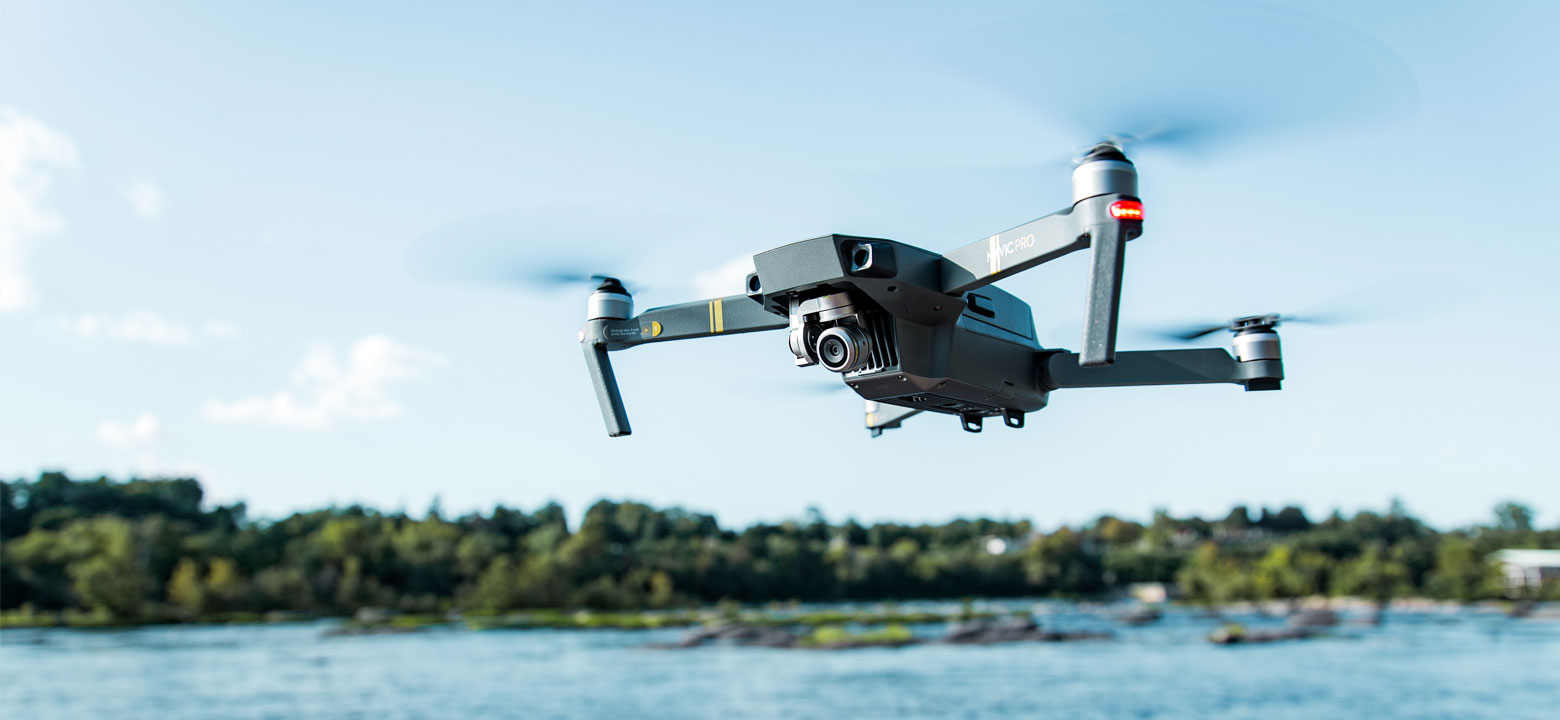
Drones are for more than just photographers, hobbyists, and the military. These small, unmanned vehicles might potentially fill a lot of niches that currently rely on human labor—everything from running deliveries to fighting forest fires. Here are just a handful of the ways that drones are going to impact our future:
Drones can make it to the scene of an emergency much faster than regular emergency personnel. Units equipped with thermal imaging cameras can help identify victims of collisions or collapses that otherwise can't be seen, drastically reducing the amount of time it takes for them to be rescued. Some can even be dispatched to help with heart attacks. When the heart's rhythm is disrupted, their risk of death or permanent disability increases the longer the arrhythmia continues. Units equipped with defibrillators can land at the scene, give instructions on using the defibrillator, and buy patients time by allowing them get help during the critical window when it would be most effective.
Not everybody lives on a 9-5 schedule, but everyone needs to eat. Sometimes, getting food delivered isn't really an option—but drones may help change that. In 2017, Iceland launched the first drone-based delivery service. This allows customers to place online orders for groceries and other items, and have them quickly delivered by drone. Not only is this a huge boon for elderly, disabled, and other people who rely on delivery services to live independently, it may also allow retailers to expand their hours of operation, and keep roads safer by reducing congestion from delivery vehicles.
While the availability of medicine isn't much of an issue in developed areas with pharmacies every few blocks, it's a very big deal in areas with less infrastructure. Drones can go where vehicles can't, and in much less time. This makes them an ideal way to help ensure that supplies of crucial, lifesaving drugs are available where they are needed most. In Rwanda and Tanzania, Zipline is already using drones to deliver medical supplies. Companies in the U.S. are also looking into setting up delivery systems between hospitals to help fill emergency needs.
In the wake of a natural disaster, things become unpredictable. Electricity and phone reception might be nonexistent, roads may be cracked, flooded, or blocked, and emergency personnel may have their hands full trying to locate and rescue victims. Drones can help find victims, assess damages, and deliver food, potable water, and medical supplies, even in places where emergency teams can't reach.
In some cases, drones may also allow us to prevent disasters. Surveillance drones with thermal imaging cameras are dispatched over swaths of forest to find areas with abnormally high temperatures—a telltale sign of an impending forest fire. This allows emergency teams to go where they are needed the most, containing and minimizing fires before they can rage out of control.
Manufacturing is a pretty broad field that faces a lot of challenges, from organization, to managing supply chains, to controlling inventory. Drones give manufacturers a way to handle all of these, by shelving products, keeping warehouses organized, and reaching shelves that would otherwise require a forklift. If units are outfitted with barcode scanners, they can reliably locate products and signal when stocks are running low. This allows manufacturing plants and warehouses to run more efficiently, as well as contribute to worker safety by reducing the need for forklifts and other dangerous inventory management practices.
As versatile as they are, drone technology is still relatively new. These are only a handful of the ways that these units can end up impacting our lives in the future, by helping to make things safer and more convenient.